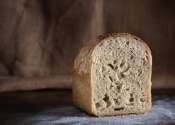Plastic accumulation in food may be underestimated
A new study has found plastic accumulation in foods may be underestimated. There is also concern these microplastics will carry potentially harmful bacteria such as E. coli, which are commonly found in coastal waters, up ...









